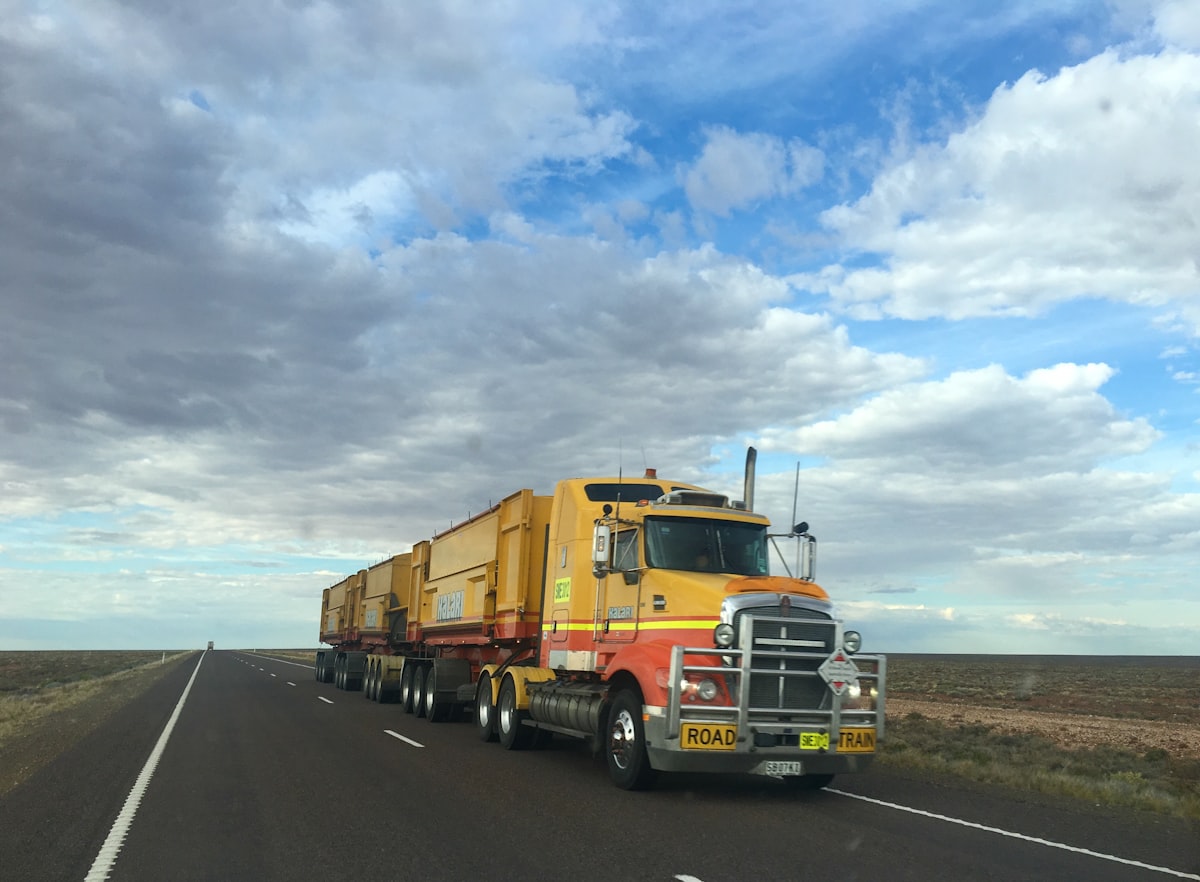Consumer Group Opposes Plan for Bigger Trucks
Bigger trucks, new drivers make a bad combination

The trucking industry has been pushing for legislation that would allow bigger trucks on the nation's highways but many consumer and safety groups think this isn't a great idea.
The National Consumers League, for one, says there are more trucks on the road all the time despite a shortage of experienced drivers. Putting rookie drivers behind the wheel of bigger trucks is hazardous to everyone, NCL argues.
“Large, heavy commercial trucks are being driven by increasingly inexperienced drivers, which is putting other drivers in danger, putting stress on roads and bridges and polluting the air we breathe,” said NCL CEO Sally Greenberg. “Lawmakers should be looking to address these concerns, rather than pushing to get even bigger and heavier trucks on the road.”
In its new white paper, the consumer group examined the safety, economic, and environmental impact that putting bigger and heavier trucks onto our nation’s already congested roads would have on consumers.
The NCL white paper examines how accidents involving long trucks continue to increase, despite a decline in the overall rate of traffic accidents. The paper looks at how the high turnover in commercial truck drivers is leading to more inexperienced drivers, who are more likely to be involved in accidents.
The paper also shines a light on the attempts to expand driverless trucks, including massive convoys of trucks being controlled by the lead truck.
The white paper shows how large trucks are the single biggest contributor to black carbon emissions. Putting larger and heavier trucks on the road will contribute to increased rates of asthma and other lung problems, especially among children.
Roads take a beating
NCL’s paper also looked at the impact large and heavy trucks are having on our nation’s infrastructure. A Department of Transportation report showed that increasing weight limits for trucks would have an impact on 5,000 bridges across the country. The report finds that allowing double trailer trucks would require the immediate reinforcement of 2,500 interstate highway bridges.
The white paper proposes numerous steps lawmakers can take to address these problems. Aside from rejecting efforts to increase truck size and weight limits, lawmakers should take the following actions to protect consumers from large commercial trucks:
- Enact a Vehicle Miles Traveled and Weight Tax;
- Stricter licensing requirements for larger trucks;
- Keep autonomous trucks off the road; and
- Shift weight limit penalties onto carriers.
“Consumers are already bearing the burden of sharing roads and bridges with massive trucks carrying heavy loads,” said Greenberg. “Lawmakers have a choice. They can either take steps to make our roads and bridges safer and our air cleaner or they can make things worse. Consumers are looking for them to step up and do the right thing.”
